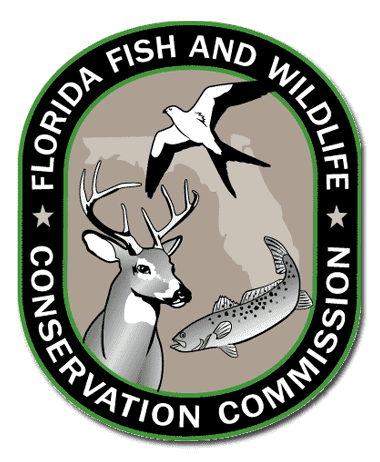Florida’s Deer Hunting Auxiliary Check Stations Announced

The Florida Fish and Wildlife Conservation Commission (FWC) announces nine auxiliary check stations for hunters to use to check the deer and turkey they harvest during the upcoming hunting seasons on Ocala Wildlife Management Area (WMA) and the Gores Landing Unit of the Ocklawaha River WMA.
Hunters are required to check all deer and turkey harvested from the Ocala WMA at one of the following check stations prior to field-dressing or transporting the carcass out of the hunt area:
- Advantage Sports Center in Salt Springs;
- Country Store in Altoona;
- Eureka Bait and Tackle in Eureka;
- Forest Hills Grocery in Forest Hills;
- Ocklawaha River Country Store in Hog Valley;
- Wiggler’s Bait and Tackle in Lynne;
- South Moon Fish Camp in Astor;
- Astor Arms and Outdoor Supplies in Astor; and
- Scrambletown Country Store in Scrambletown.
Hunters using the Gores Landing Unit are not required to check their deer, but the FWC asks that they do. They can check them in any of the nine check stations listed above, but the most convenient station to the Gores Landing Unit is Eureka Bait and Tackle in Eureka.
The data collected at the check stations is valuable to wildlife biologists to help them manage the deer populations in those areas. Of particular interest is the number of deer taken, general physical condition and weight.

